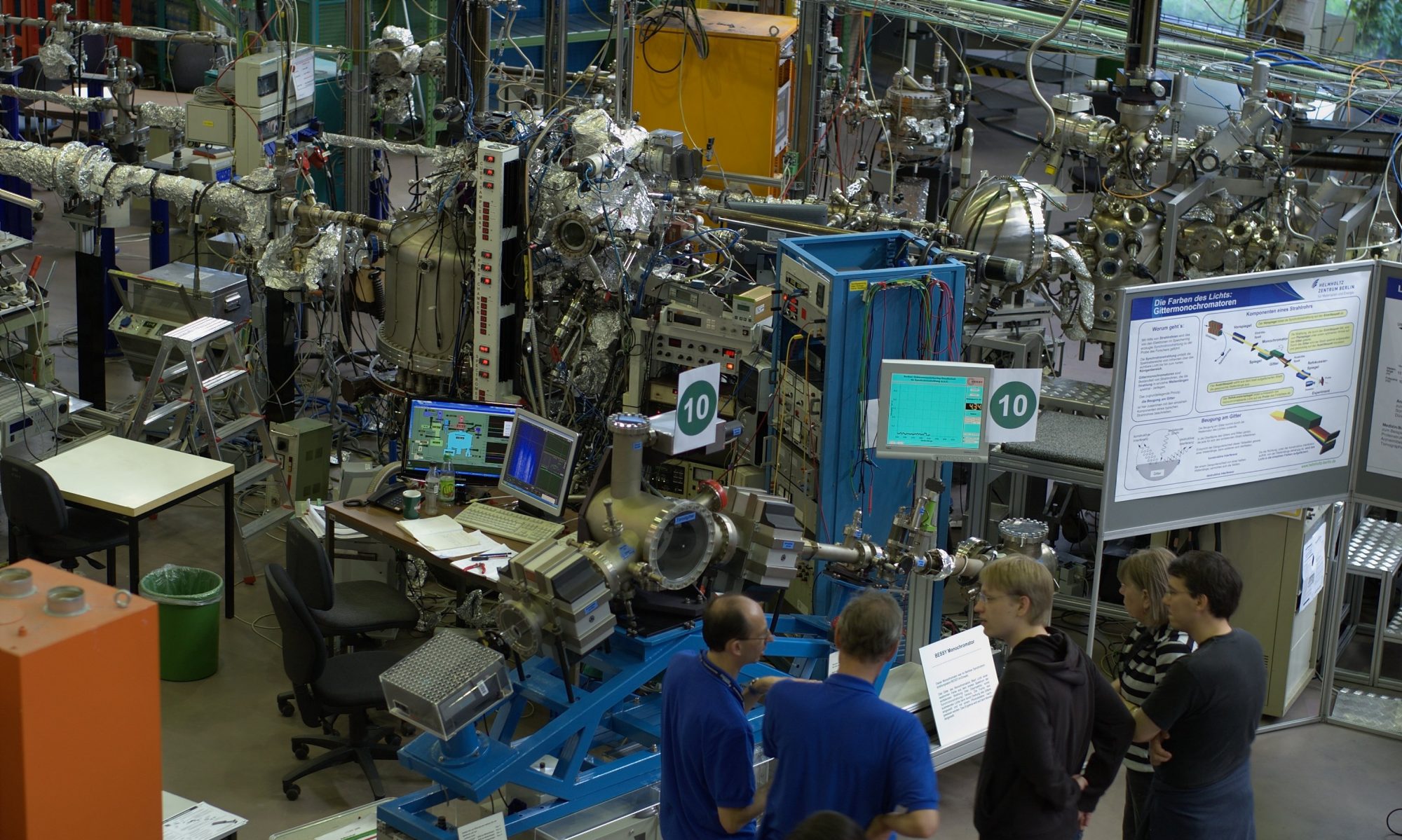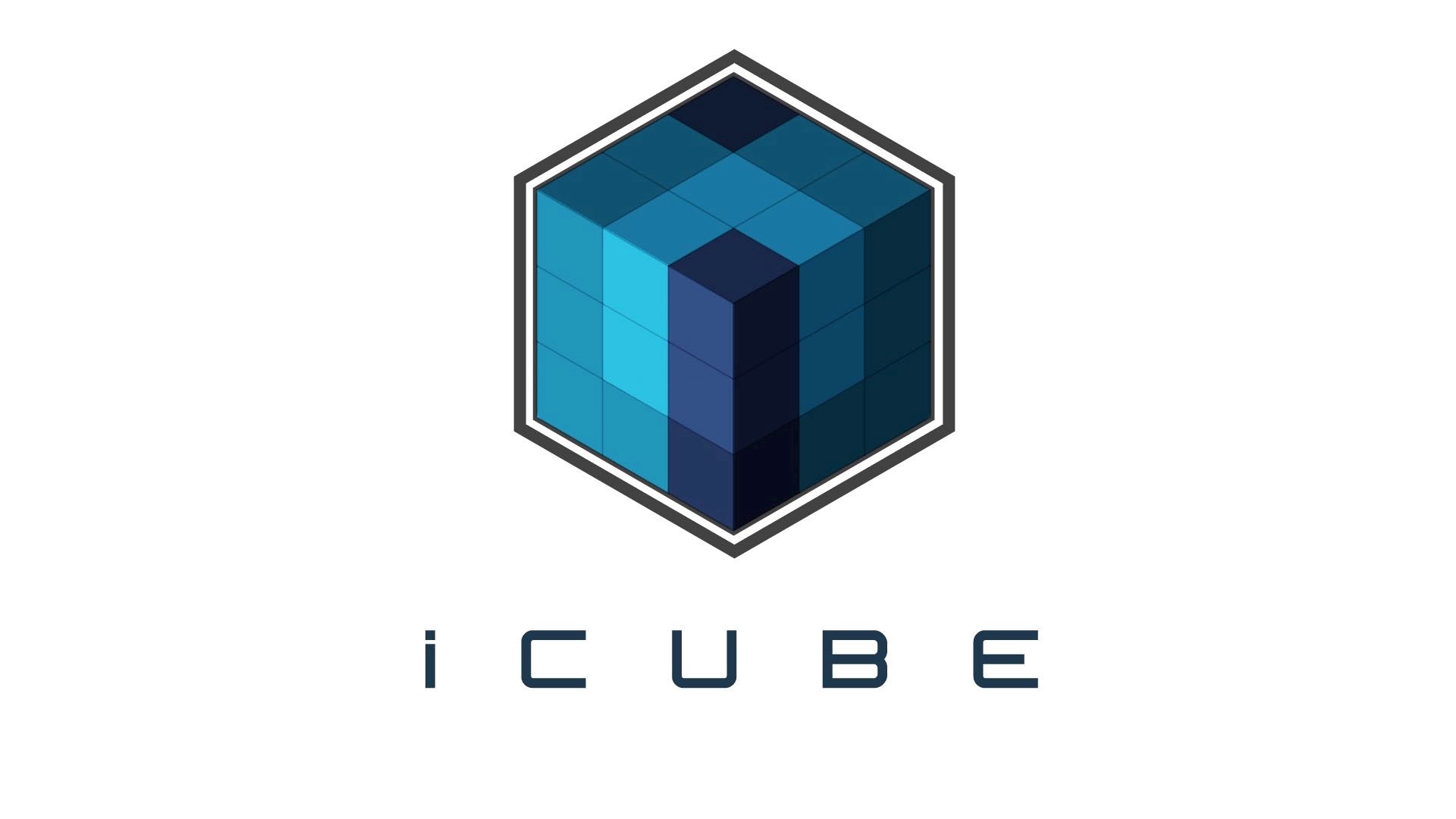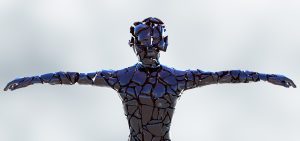Nicholas Watson, Assistant Professor, Faculty of Engineering discusses whether online sensors and machine learning can deliver industry 4.0 to the food and drink manufacturing sector in the Journal of the Institute of Food Science and Technology, vol 33 issue 4 December 2019.
“Manufacturing is experiencing the 4th industrial revolution, which is the use of Industrial Digital Technologies (IDTs) to produce new and existing products. Industrial digital technologies include sensors, robotics, the industrial internet of things (IoT), additive manufacturing, artificial intelligence, virtual and augmented reality, digital twins and cloud computing. At the heart of Industry 4.0 is the enhanced collection and use of data. Industry 4.0 is predicted to have a positive impact of over £450bn to UK manufacturing over the next ten years[1], with benefits such as increased productivity and reduced costs and environmental impacts. But what does this mean for the UK’s largest manufacturing sector, food and drink?”



